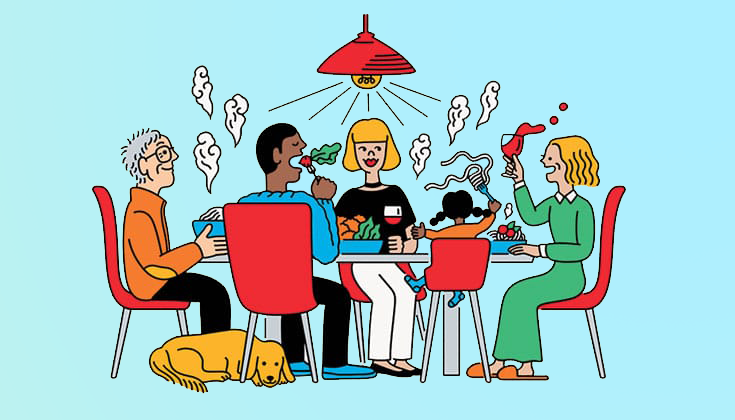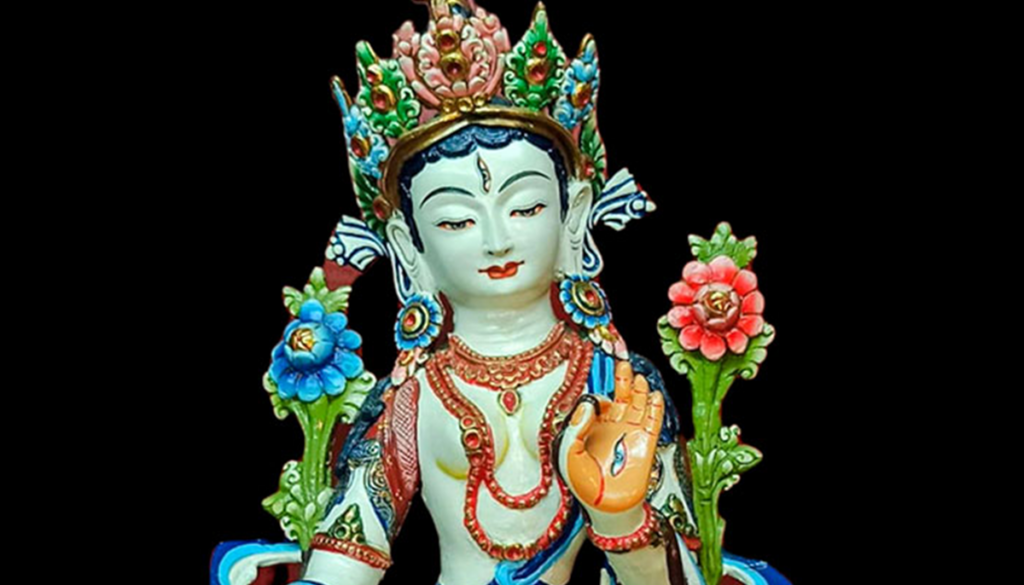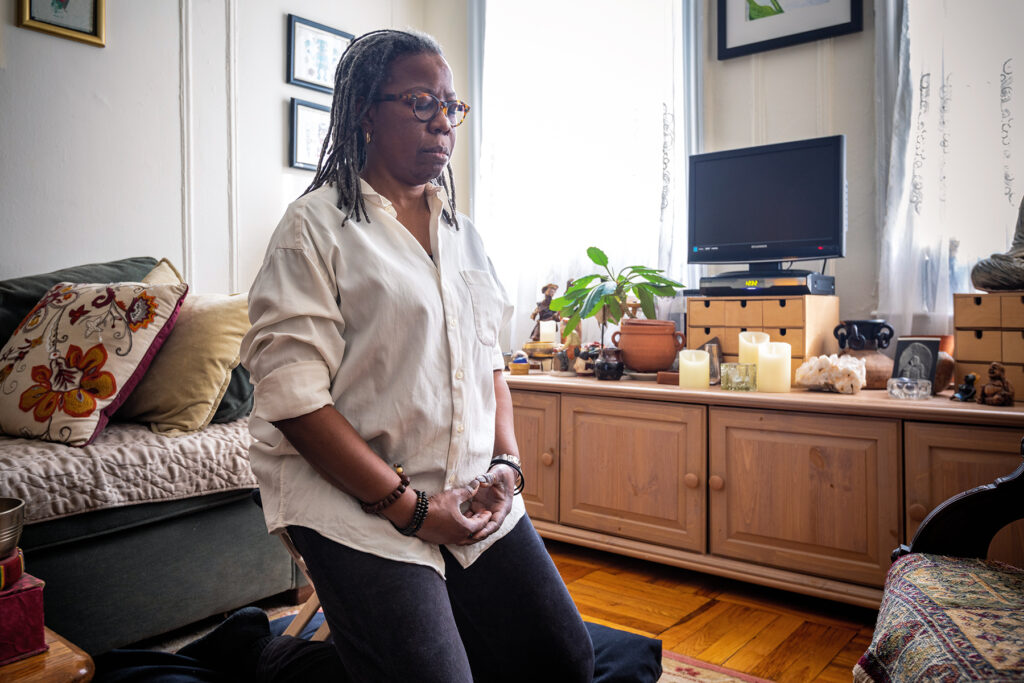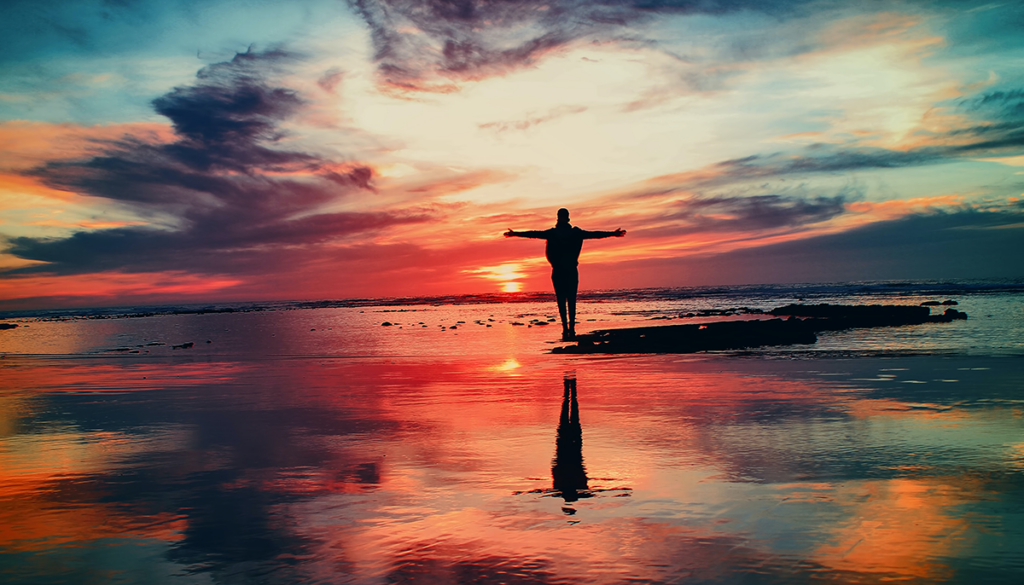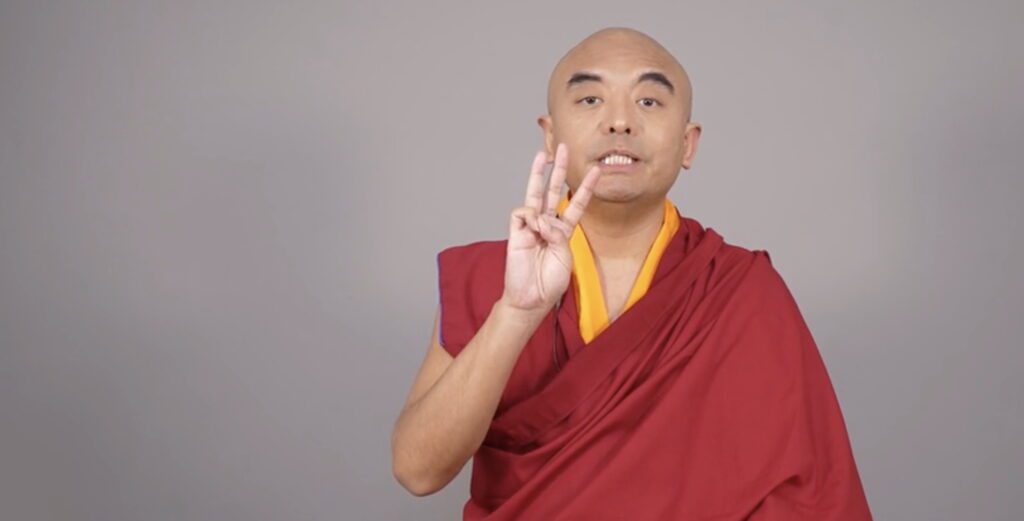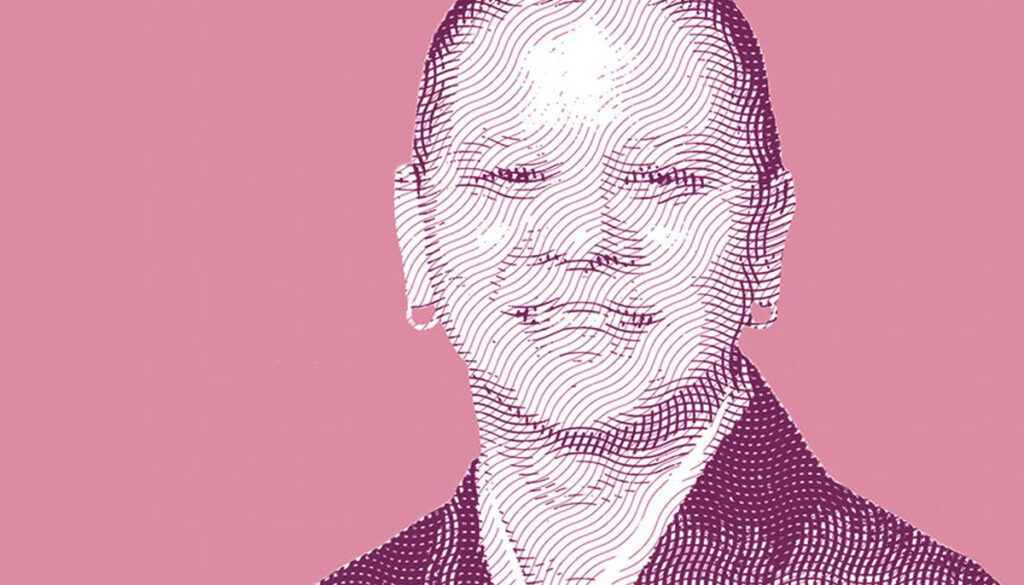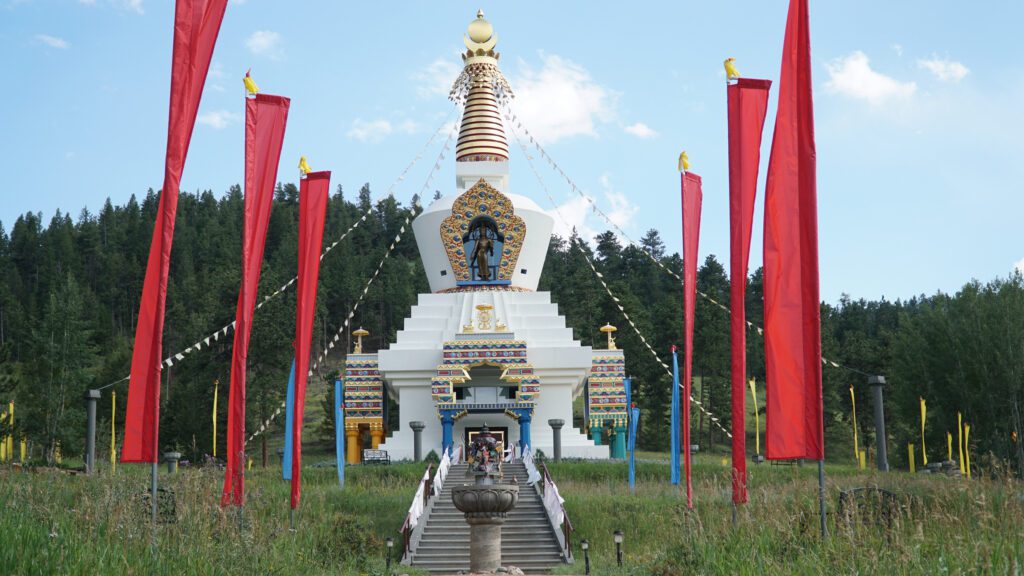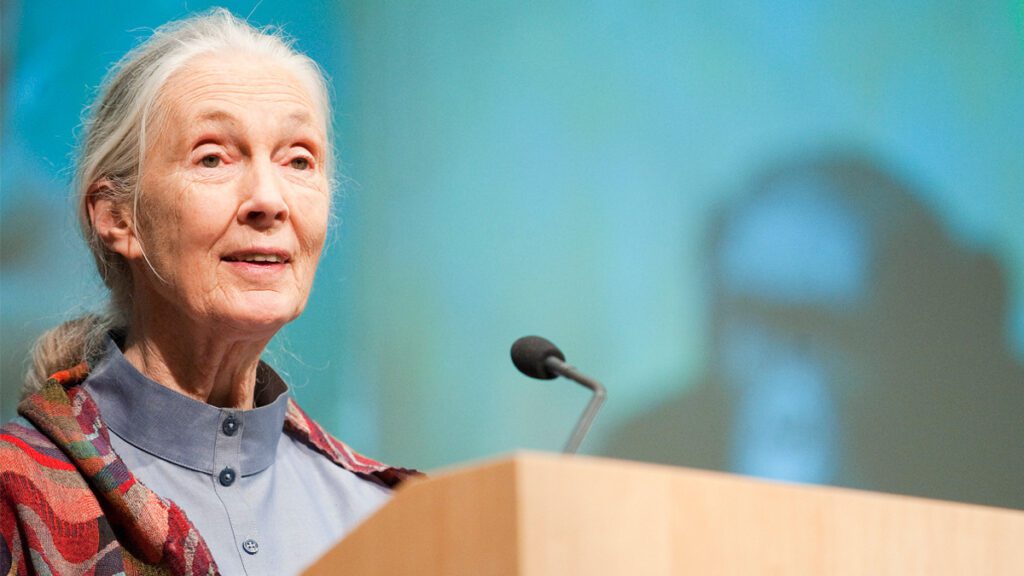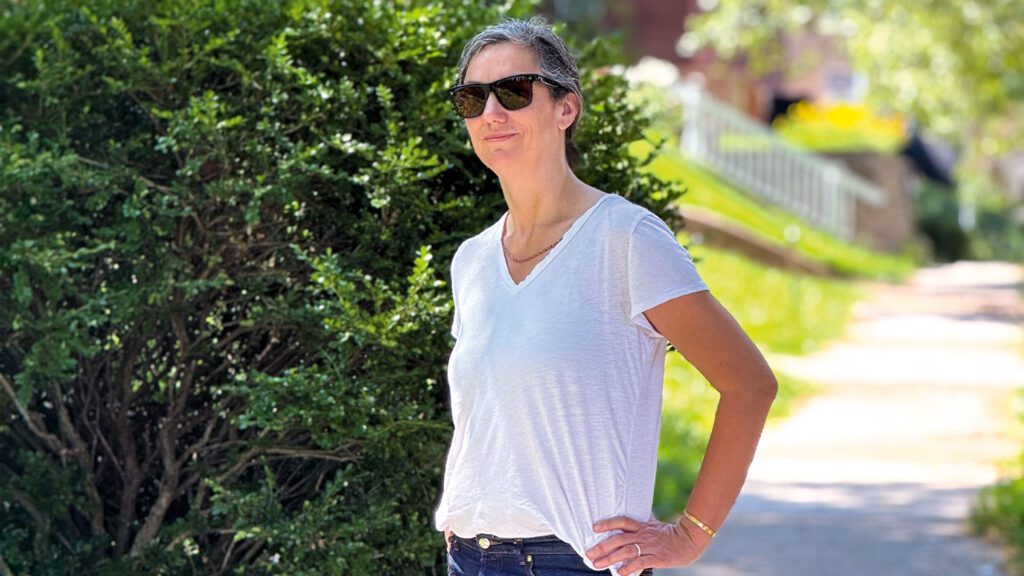Archives: LR Articles
How to Practice Mindful Eating
Jan Chozen Bays teaches us how to make every meal a celebration of gratitude, enjoyment, and true nourishment.
Imagine que es un Buda
En esta segunda parte de su serie sobre el tantra, Mingyur Rinpoche explica cómo la práctica de la visualización nos ayuda a reconocer nuestra naturaleza búdica.
How to Set Meaningful Intentions
Regularly reminding yourself of your intentions is the key to keeping your life on target, says Sylvia Boorstein. She shares how to set meaningful intentions for yourself, your loved ones, and all beings.
El opuesto del aferramiento es la intimidad
Cada uno de nosotros, dice Lama Willa Blythe Baker, está atrapado en las apariencias, pero apartarlas no nos va a liberar, en vez de eso, necesitamos mirarlas más de cerca.
5 Meditations to Calm Anxiety
Five easy meditations you can do to find calm, care for yourself, and ease your anxiety in any situation.
3 Meditations from Ram Dass
These three meditations from “There Is No Other: The Way to Harmony and Wholeness,” a new book of teachings by the late spiritual teacher Ram Dass, invite you to rest in awareness, follow the breath, and experience oneness with all life.
La liberación natural de los hábitos
Cuando reconoces la verdadera naturaleza de la mente, dice el maestro de Dzogchen, Tsoknyi Rinpoche, todos los patrones habituales son liberados naturalmente en el espacio de sabiduría. Eso incluye al hábito último conocido como samsara.
Three Ways of Working with Emotions
Yongey Mingyur Rinpoche shares a new article and video on the five kleshas — ignorance, aversion, craving, pride, jealousy — how they lead to suffering, and how not to let them.
How Buddhism’s “Three Marks of Existence” Can Lead Us to Freedom and Change
Chan practitioner Mark Van Buren shares how the Buddhist concepts of impermanence, interdependence, and unsatisfactoriness (often rendered as "suffering") can point the way to our liberation.
This Moment Is Perfect
There is only one moment for you to be alive, and that is the present moment, says Thich Nhat Hanh. Go back to the present moment and live this moment deeply, and you’ll be free.
Wings of Contemplation
Noel Alumit visits the Ryosokuin Temple in Kyoto to experience Taiji Terasaki’s latest art exhibition.
Recognizing Clarity: A Dzogchen Meditation
Dzogchen master Tsoknyi Rinpoche shares a meditation to encourage clarity of mind.
Meet a Teacher: Rev. Keiryū Liên Shutt
Rev. Keiryū Liên Shutt talks about her journey from Saigon to Soto Zen priesthood, her commitment to social justice, and her love of vegan ice cream.
Bring Mindfulness to Your Movement Practice
Mindful movement isn’t limited to yoga or tai chi. Dawn Mauricio on bringing your awareness to lifting, dancing, running, and more.
The Heart Breaks
The Buddha saw an old man, ill man, dead man, and wise man. As her father’s health declined, Minal Hajratwala saw these same sights.
It’s Up to Us: Carrying the Dharma Forward in the West
Set high in the Rocky Mountains, Drala Mountain Center is a sanctuary for deep spiritual practice, transformation, and peace. Discover how they aim to impact the world — one awakened heart at a time.
Jane Goodall’s Message of Hope
The celebrated environmental and animal activist and conservationist Jane Goodall passed away on October 1, 2025 at the age of 91. In this interview with Lion’s Roar editor Andrea Miller, she spoke about the compassion that exists in our natural world and the enduring hope that guided her life’s work.
Donate to the Lion’s Roar 19th Annual Auction
The 19th Lion's Roar Annual Auction goes live November 9-23, 2025. Support our mission by becoming a donor.
In the Bardo: An Interview with Amie Barrodale
In this intimate Q&A, Amie Barrodale opens up about writing as a parent, rediscovering her Buddhist roots, and how navigating an autism diagnosis transformed the story she thought she was telling.
What to Do When You’re Overwhelmed
Kamilah Majied shares her advice for staying afloat when you feel like you're drowning.
